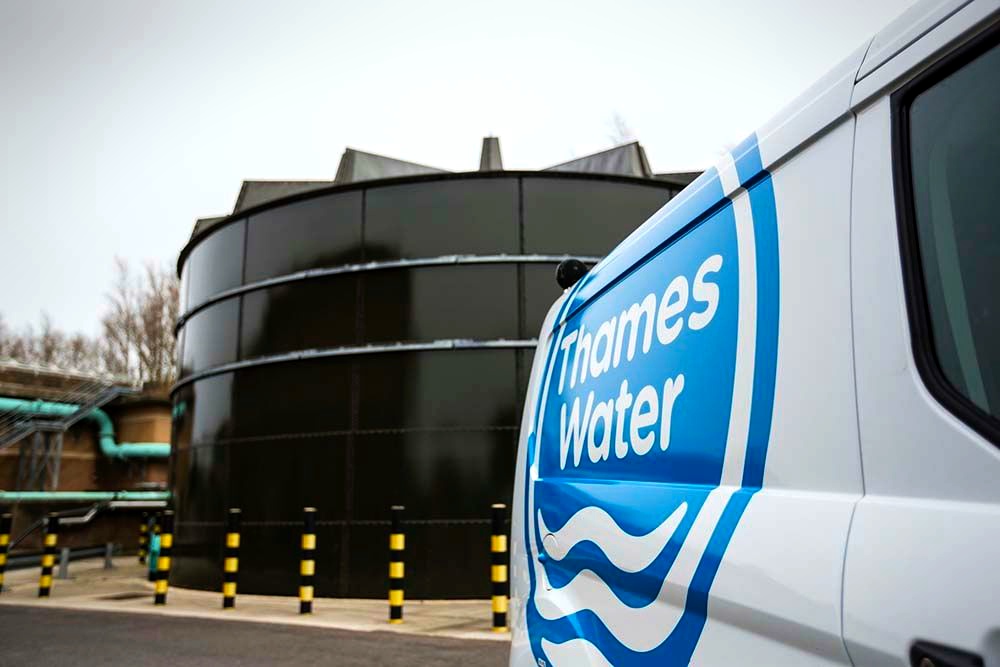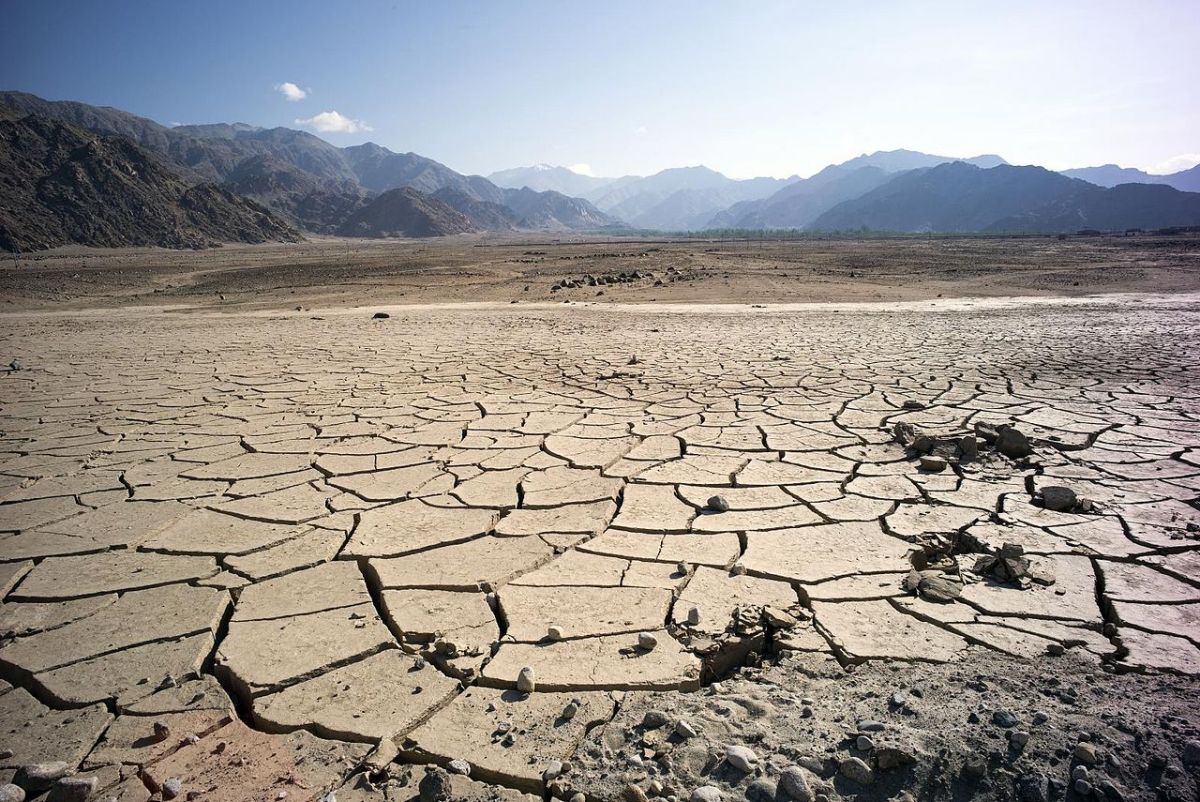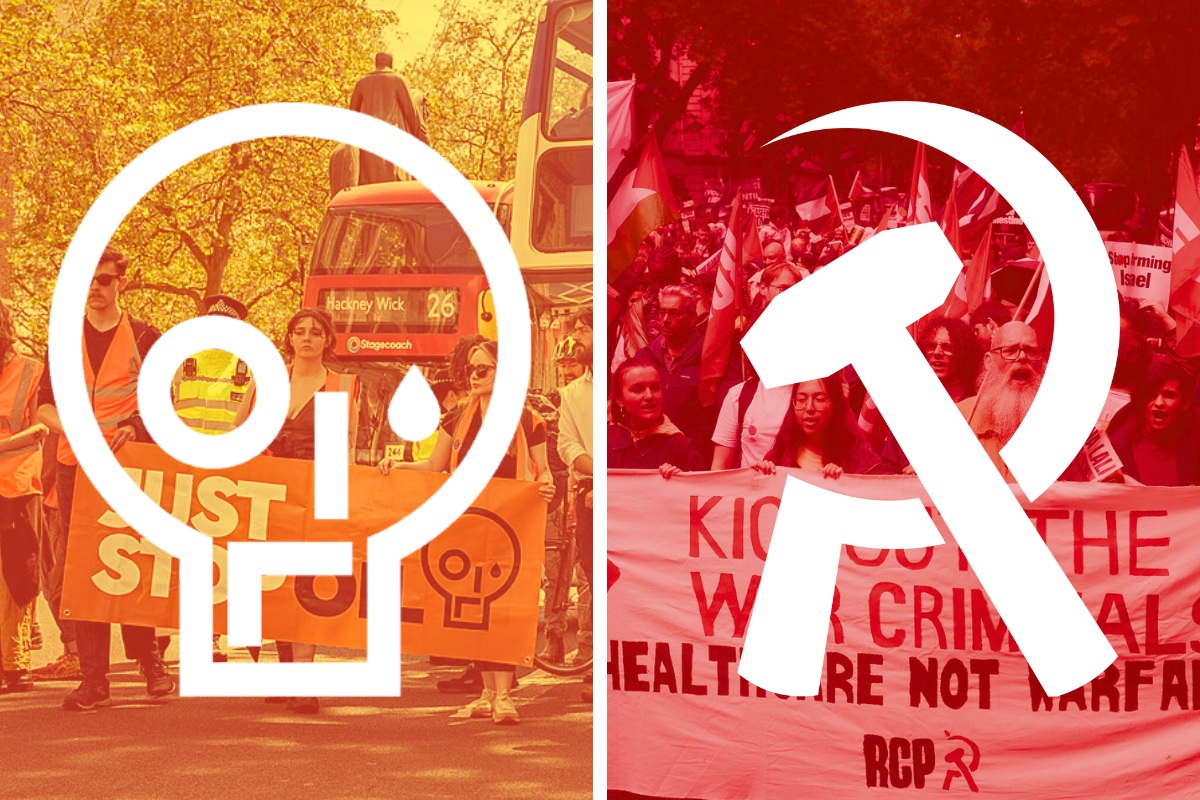Access to the most important element of life is increasingly under threat due to a killer combo of rising temperatures and decades of infrastructure neglect.
It has often been said that “water will be the next oil”, with countries potentially scrabbling in the future for this vital resource. In 2018, this prophecy is becoming a terrifying reality. In many areas of the world, the impact of climate change and a lack of investment threatens to turn an abundant and essential resource into a scarce and sought after necessity of life.
Recently, for example, Cape Town in South Africa has only temporarily averted the absolute disaster of running dry. The potential situation referred to as “day zero” – whereby residents would be rationed to a mere 25 litres per day (the global average is approximately 185 litres) – was postponed by a combination of heavy rationing and the implementation of groundwater-extraction, desalination and wastewater treatment.
These technologies, however, are not being implemented at anywhere near the scale that will be required to solve the problem, nor to avoid future crises. Furthermore, the reality for large proportions of Cape Town’s poorer population is that they have always been forced to live on such dire amounts of water.
The crisis in South Africa is not a unique one. Similar water shortages are a threat to many regions of the world, including India, Iran, and California.
Toothless regulation
 Closer to home, UK cattle farmers in particular are deeply concerned about the effect of this summer’s heatwave. Some areas of the country have seen no rain whatsoever in the past couple of months. Parts of Derbyshire, supplied by private water company Severn Trent, have seen the taps run dry for days at a time.
Closer to home, UK cattle farmers in particular are deeply concerned about the effect of this summer’s heatwave. Some areas of the country have seen no rain whatsoever in the past couple of months. Parts of Derbyshire, supplied by private water company Severn Trent, have seen the taps run dry for days at a time.
Ironically, the problem is not a shortage of water, as such. Some reservoirs are actually full after a winter and spring of heavy rain. The problem is that the privatised companies do not have enough water treatment plants to handle the increased demand, even where water stocks are still plentiful. These profit-seeking firms have been banking on it never being hot in the summer!
Ofwat, the Water Services Regulation Authority, which is responsible for regulation of the privatised water providers in the UK, was quoted in the Guardian as saying:
“Water companies should have solid plans to deal with…a rise in demand for water. We will be watching to see how companies respond to this hot spell – keeping customers informed and, if there are restrictions, we expect them to tell customers what is happening, when supplies will be return and make alternatives…”
But what is required is not merely ‘watching’ of private companies by toothless regulators. We cannot ‘expect’ these parasitic utility firms to solve any problems. Rather, they will only ever attempt to patch things up when it is already too late.
With problems of such a magnitude, a clear plan is undoubtedly required. But the water companies only know how to plan for bumper profits.
The barrier of profit
There are many techniques and technologies that already exist – and which could be developed further – to provide alternatives to a reliance on groundwater and rapidly depleting reservoirs, such as in places like South Africa. These must also be implemented alongside large-scale projects to reduce our impact on the climate and the environment altogether.
Furthermore, the technologies to tackle the water crisis are very much available and feasible. Leading engineers in the field of sustainable water engineering are forever calling for infrastructure to be revolutionised: for example, via SUDS (sustainable urban drainage systems), and through the separation of water supplies for different uses, such as toilet flushing and drinking water.
These are only two of the most basic approaches proven to radically reduce wastage, manage flooding, and conserve surface runoff. But water supply experts consistently find that their solutions fall on deaf ears, since under capitalism there is no profit to be had from such investments.
The water and climate crises are inextricably linked. But the task of finding solutions to these is being tragically held back.
As mentioned above, there is no scientific or technological barrier to solving these crises. The primary barrier is the criminal short-sightedness of the chaotic market economy, which cannot meet the desperate needs of humanity and life on earth.





